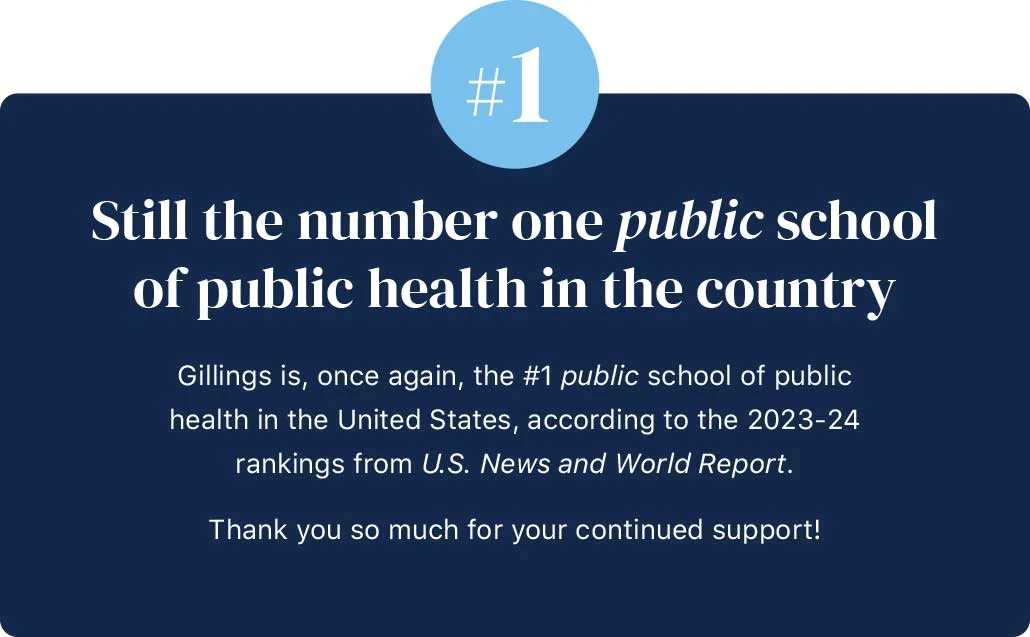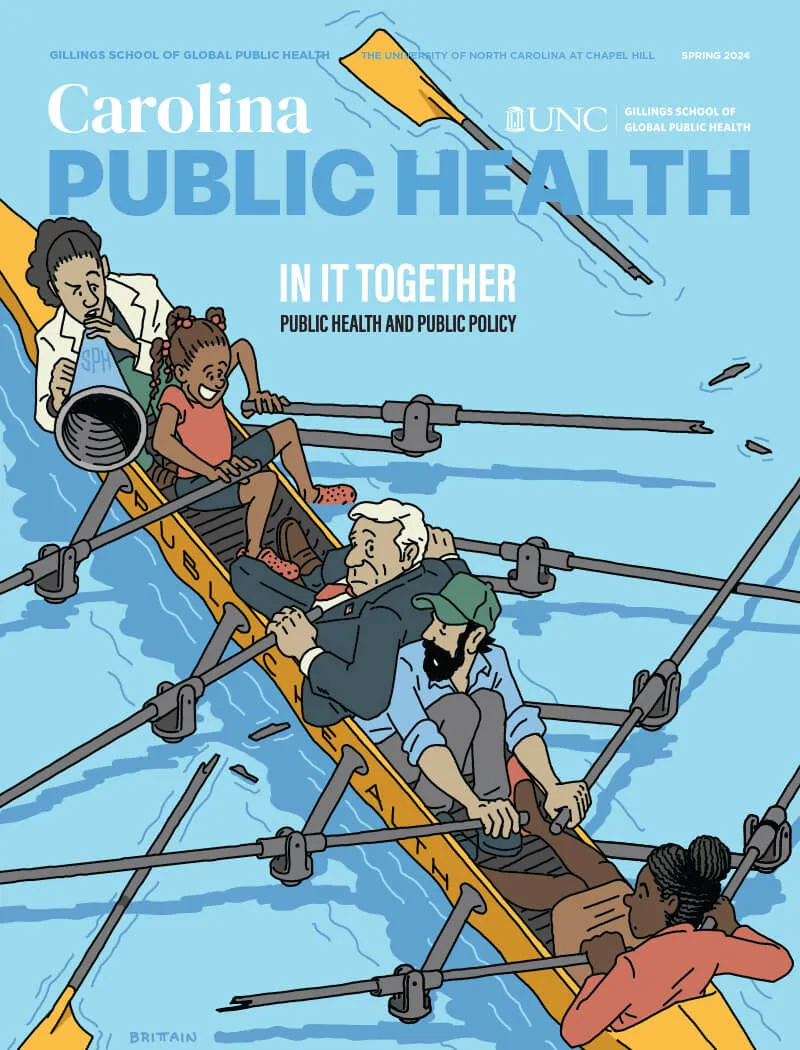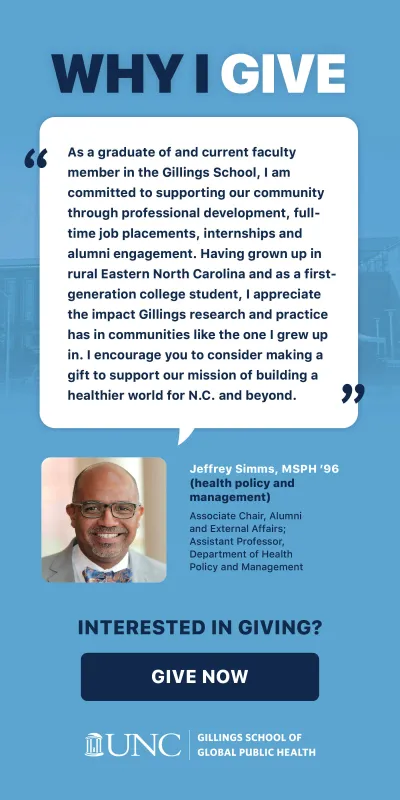What is our role in public policy?
This issue explores how public health and policy work to achieve healthier communities, with emphasis on evidence-informed strategies and community engagement.
Fewer cigarettes and vapes. Cleaner air. Prevention of injury and communicable disease. Equitable access to affordable health care. These are only a few examples of ways that policy has helped us achieve a healthier world.
Public policy is an important part of the systems and structures that keep our society in good health and help us live longer, more fulfilling lives. For many citizens, the idea of policy exists in the abstract — something to be designed and managed by institutions and experts. But policy is far more than what we hear about on the news or what we learned in the Schoolhouse Rock song “I’m Just a Bill.” Each of us has a role to play in helping to achieve its goal: to improve well-being for as many people as possible.
Research has shown that policies are most effective when they are informed by evidence, inclusive of broad expertise, and designed for real-world implementation. If we want policies that truly work — that address our health concerns and help to reduce inequities — engagement from experts, advocates and the community is critical. Public policy and public health are both the work of the people, so who better to represent our interests in these areas if not ourselves?
In this issue of Carolina Public Health, we highlight the ways that our work at the Gillings School is intertwined with the facets of policy — informing its design, helping it evolve or responding to the downstream health effects it can create. We will highlight how public health and public policy are working together to support things like Medicaid transformation, tobacco and vaping cessation, better workplace health, climate solutions, public safety and injury prevention, behavioral health, and so much more.
Yet the relationship between public health and public policy goes beyond academia. Successful public health efforts can streamline communication and engagement between policymakers and citizens, which is why we also hope this issue can provide valuable resources for every citizen who wants to create change for better health.




